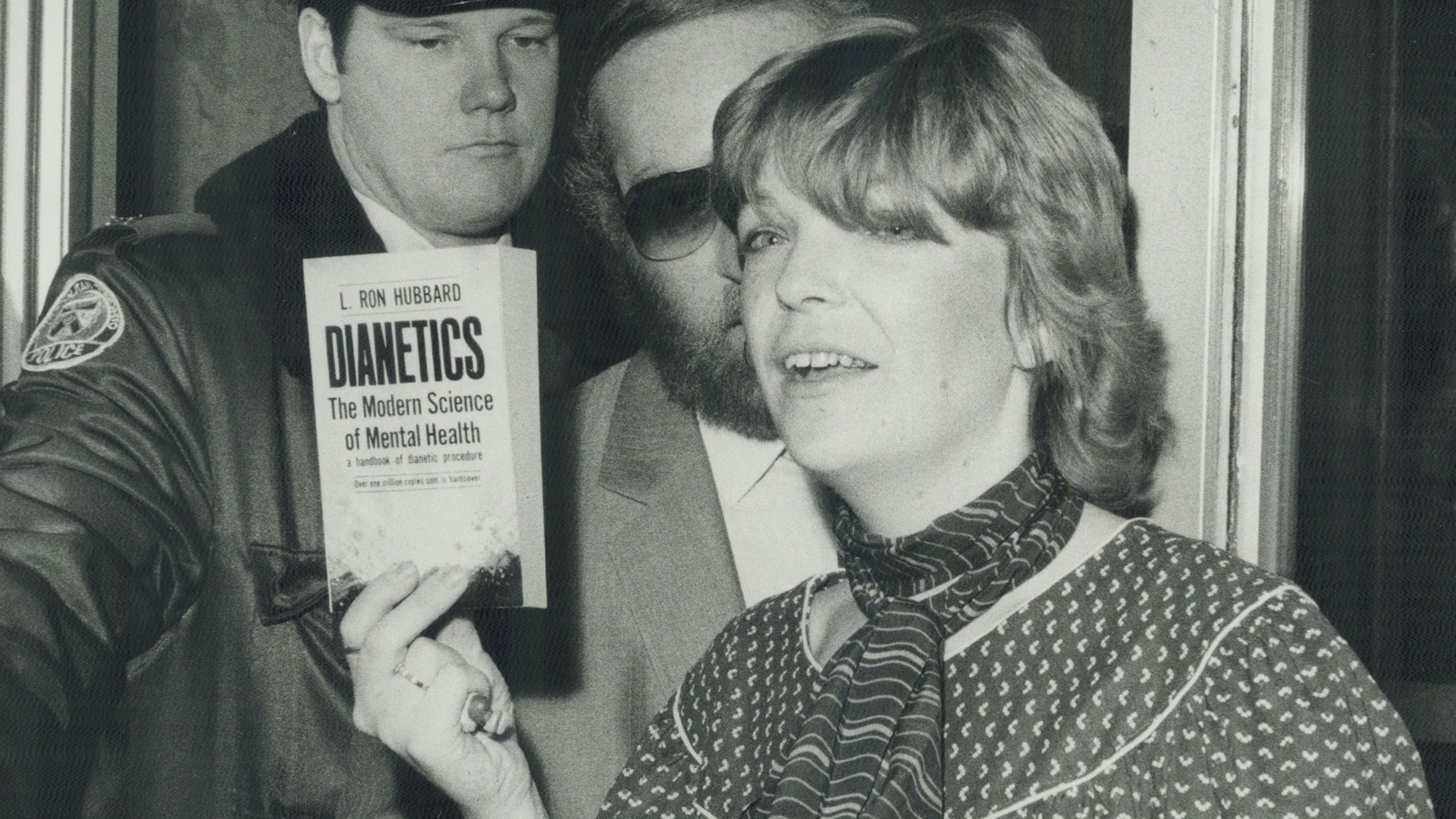A Biased View of Dianetics
A Biased View of Dianetics
Blog Article
Dianetics Fundamentals Explained
Table of ContentsThe Of DianeticsExamine This Report about DianeticsOur Dianetics StatementsThe Greatest Guide To Dianetics
I couldn't ever not want to receive anything that enters your mind for you- if it was or else, I would not be sitting here with you, doing this. I not only might never have a problem, or otherwise intend to listen to something that enters your mind for you, yet I'm completely eager to know every idea, every thought, every photo or feeling that arises or materializes for you- do not ever before think or else, and if for one reason or another you do, please simply allow me recognize! Sometimes, you may have a thought, and image, idea or incident pop up that does not seem to address the inquiry, or associate with it, however however, always do inform me regarding it, and as we continue, the relevance will arise for you.This is fundamental in the basis of handling, and the topic of this conversation: the fundamental roles of the counselor and the customer: The fundamental function of the counselor is, in contrast to "standard training", not to regulate, which suggests to implement and/or inhibit, however to rather work from the basis of EMPOWERING THE CLIENT.

Indicators on Dianetics You Should Know
John Mcmasters expressed this fundamental reality incredibly well in one of his lectures on Power processing, in which he describes how he was asked what this "unique propensity" was that he had for providing such terrific sessions; he needed to think about that for a minute, and detected that it was what he had not been doing, in addition to what he was doing: he wasn't evaluating, judging, computer, or as a matter of fact, creating any ideas, not to mention verbal expressions, after providing the command and while awaiting the PC to finish their response to their complete satisfaction; he was, simply and only, being present with the PC, and completely interested.
The function of the therapist, showed; that was his "unique knack". I have actually had my very own experience which showed me this well, very beforehand in the video game. In 1982, having actually lately finished my training and teaching fellowship on New Period Dianetics, I was running this on a PC, and there was a point in the session where (being a bit wet behind the ears not yet having lots of hours under my belt as an expert auditor) the PC appeared to be "taking also lengthy" to reveal anything vocally after I provided him a command.
This secret transformed out to be the most valuable payment that John ever made to the topic of therapy or auditing (Dianetics). In my humble point of view, it is the biggest contribution that any person has ever before made to these subjectsthe application is completely non-judgemental, non-evaluative, and lacking any type of idea, suggestions or opinion.no preconditioned schedule for people, or 'levels' that they should do
In Scientology we prided ourselves on not assessing for people. All that truly suggested was that the auditor did not VERBALLY assess for the PC in session.
Some Of Dianetics

Anybody who had ever seen John audit might not help but observe an unique high quality in his bookkeeping."The customer's fundamental function is to be there with the purpose of relocating in the instructions of their spiritual objectives, and to openly and fully reveal and experience whatever manifests for them in addressing the concerns and carrying out the instructions in the processing.
This is something to process as required. Also, individuals regularly have prior experience and/or indoctrination in auditing/processing which, in some ways, and to some degrees, actually misguides them right into perspectives, concepts and actions patterns that prevent the complete understanding of these functions, and so they will tend to hinder the click here for more expressing of what comes to mind, as in the examples offered over - Dianetics. * The very first, and maybe primary examples of mis-indoctrination bring about less than entirely smooth and efficient sessions, can be found in certain elements of the training routines, check my blog or "TR's":"TR's" are usually a person's very first, or at the very least early, experience in Scientology, and while I will take place to clarify what I view as the imperfections in idea and practice, nonetheless, often tend to be substantially healing, done as they are provided (Hubbard insists that "TR's are not refining, they are educating", however factually, they are both handling AND training)
Alan Walter made similar monitorings, and improved these with his "Presence Processes". There is no "failing", and no denial of the truth of this being processing. The emphasis, as it ought to be, is on experiencing the other person's visibility. All the symptoms which obtain a "flunk" in doing "TR-0" are merely the being's efforts to stand up to the other individual's existence, and rather than being pestered and pestered with "Flunk", which enforces "failure!" on the being, one simply needs to be urged to "stick their feet in the water a little deeper", to increasingly refurbish their ability and willingness to completely share and experience "being here", or "visibility", with others.
Dianetics - Questions

Report this page